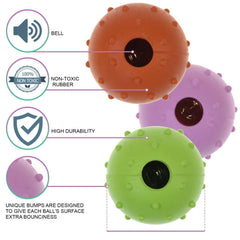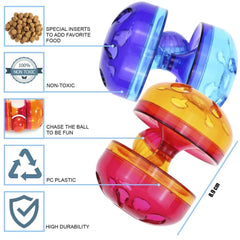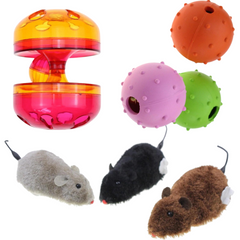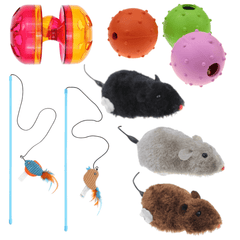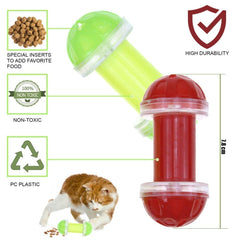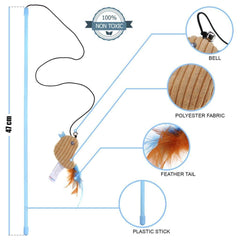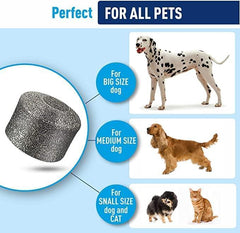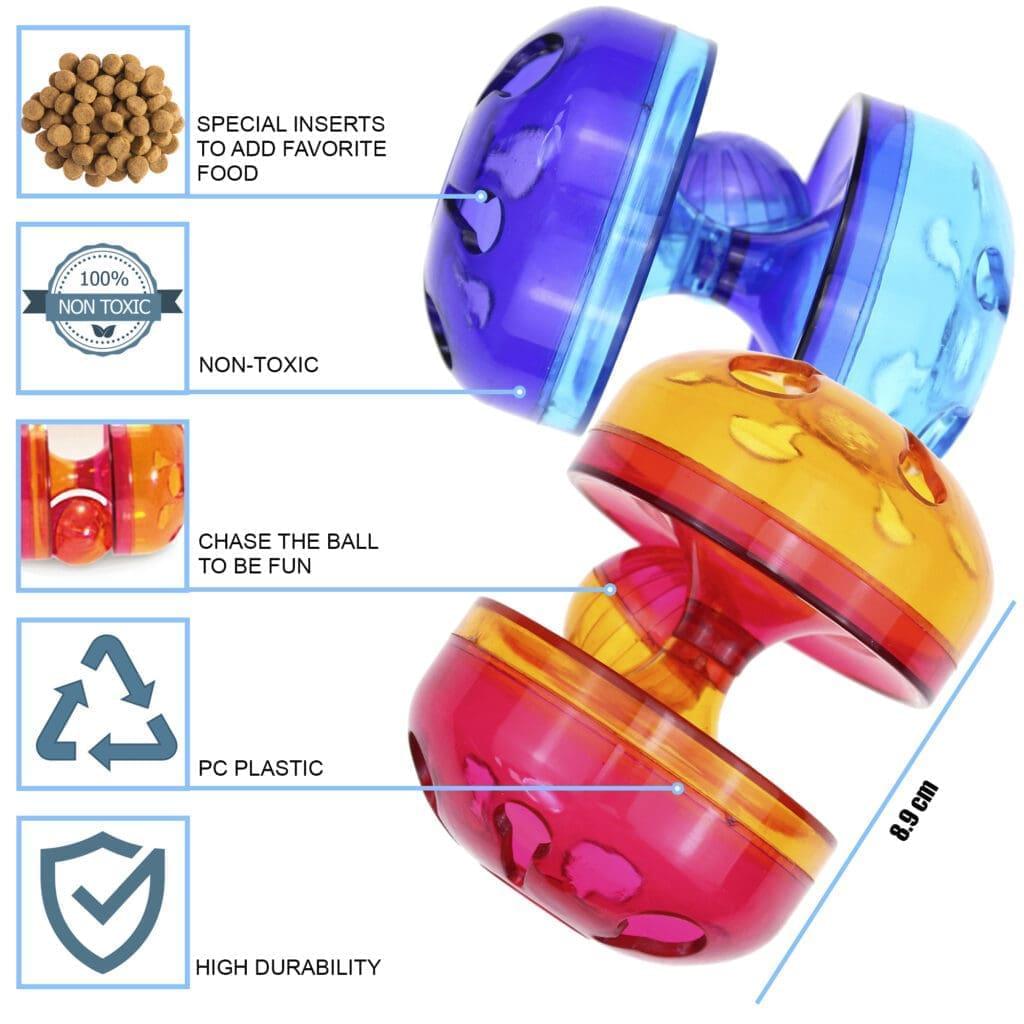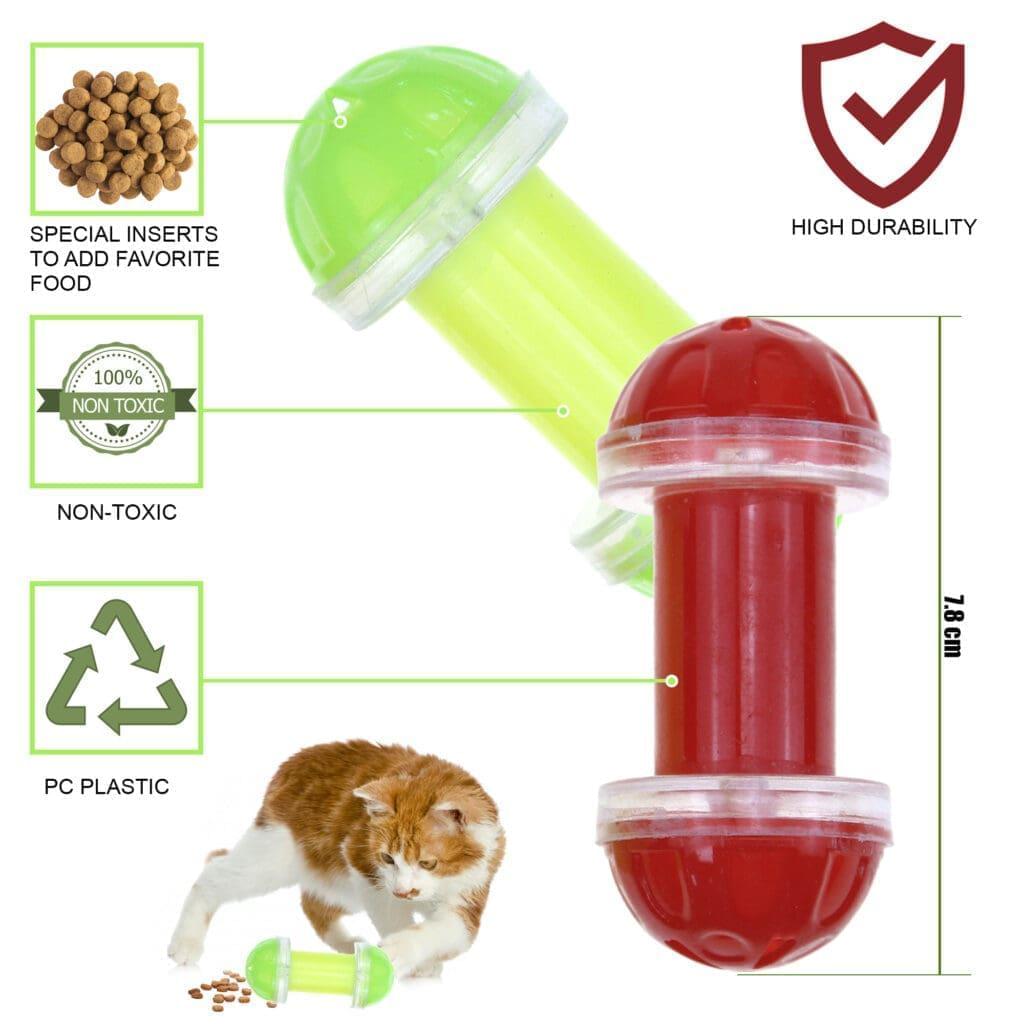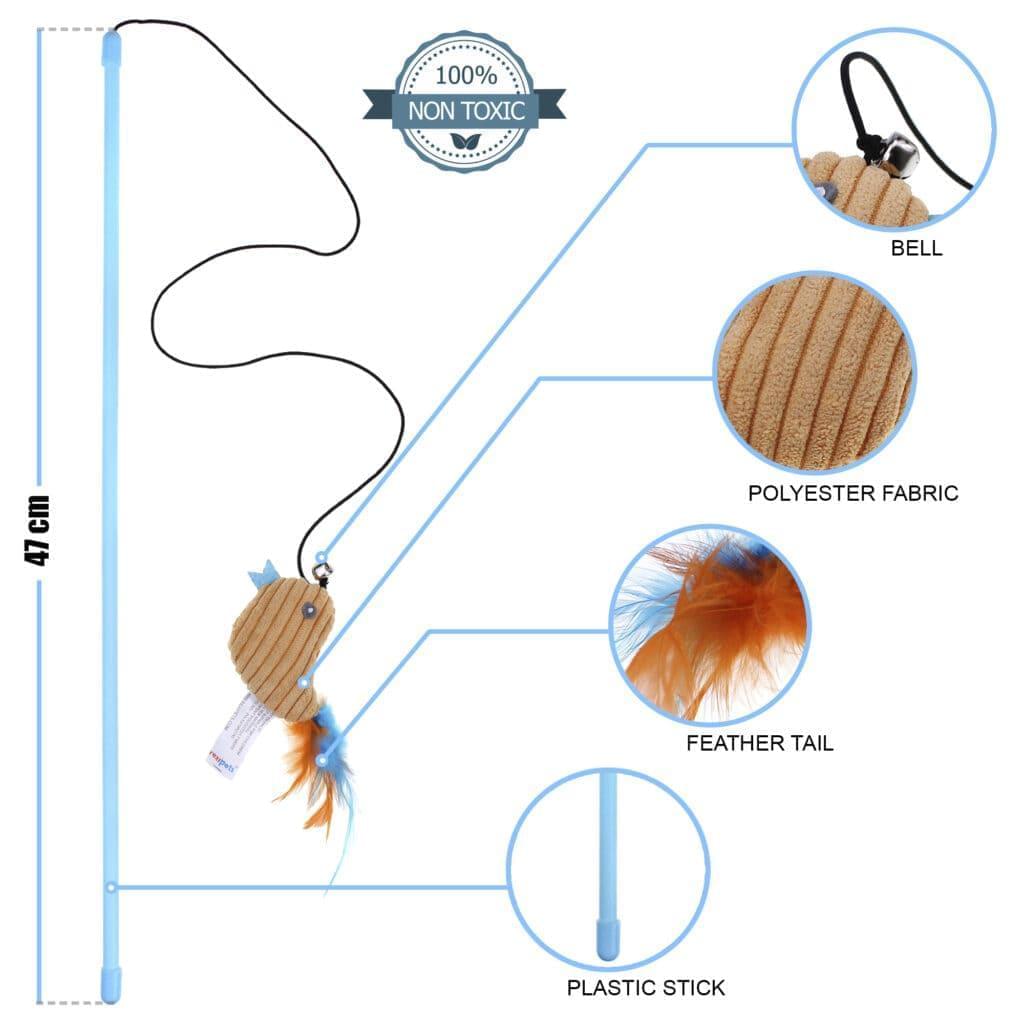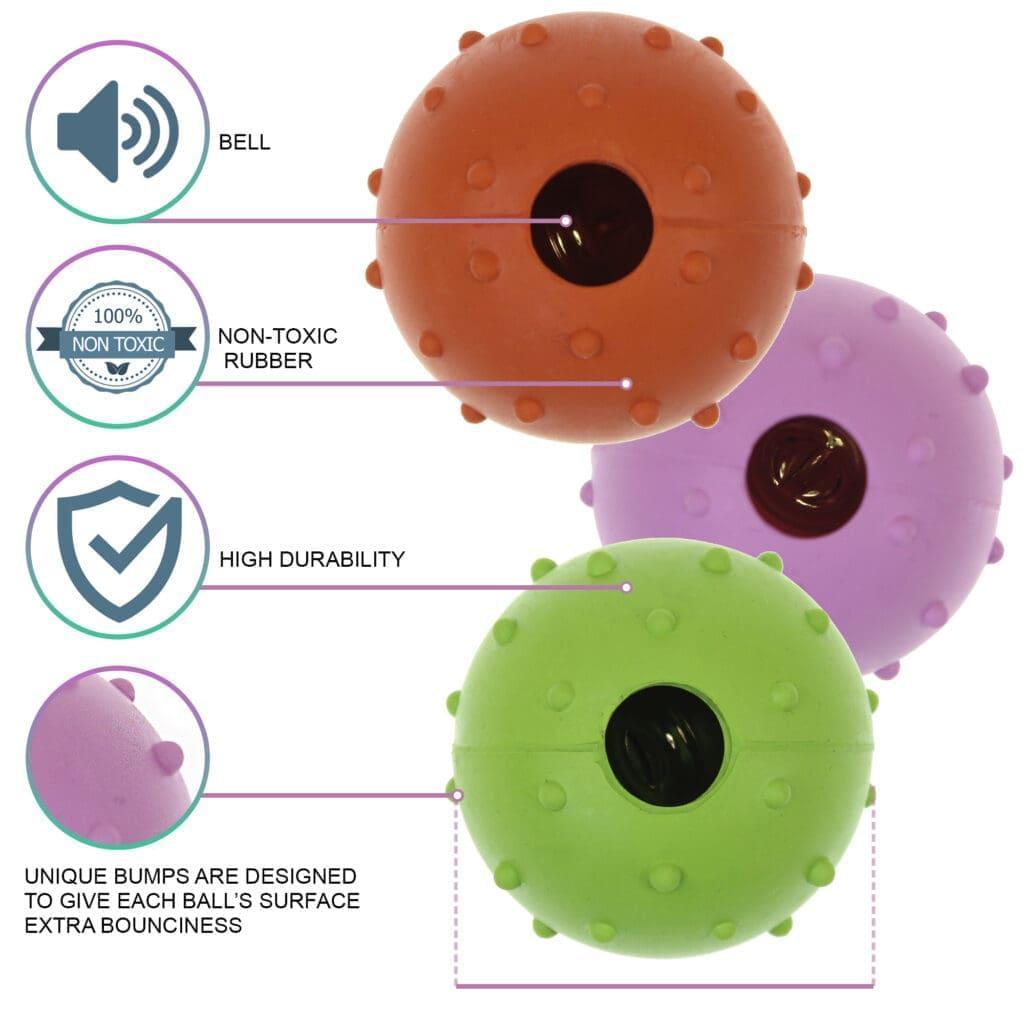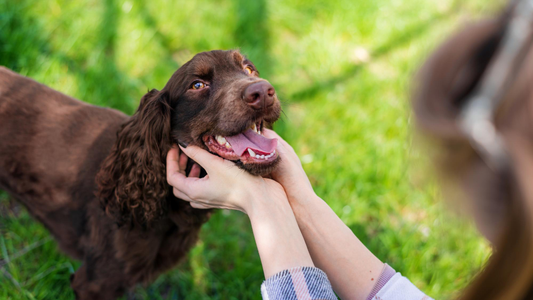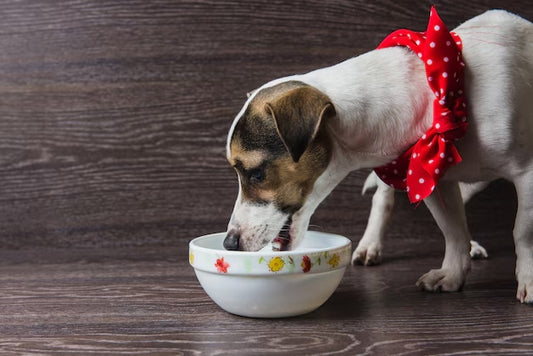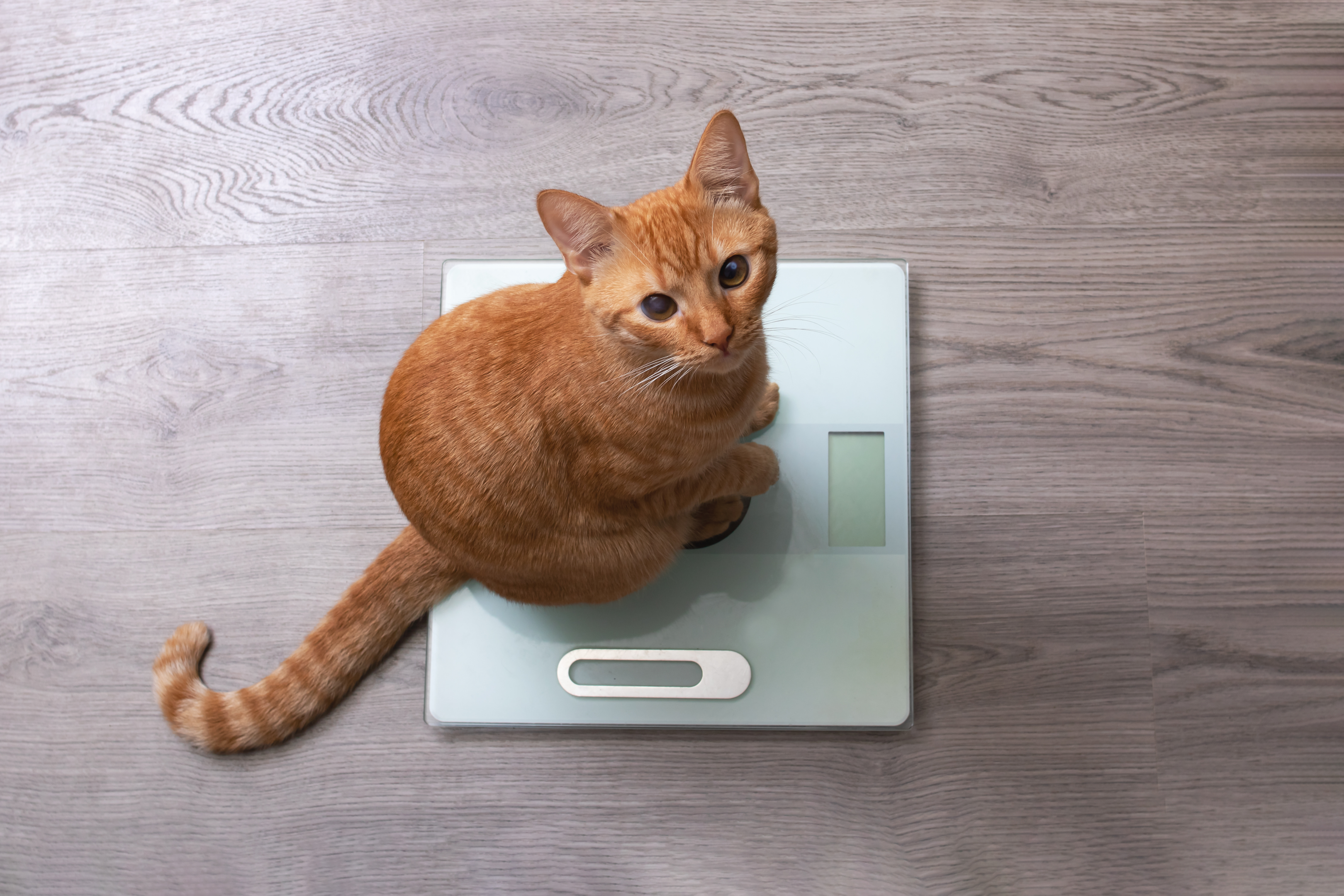
Have you ever noticed your cat slimming down even though they are having their meals as usual? It can be confusing and worrying.
Cats are known for their unusual traits, but this can make any cat owner worried and confused. In this article, we'll try to solve the mystery behind a cat's weight loss, even when they seem to have a good appetite.
By understanding the possible reasons, you can care for your furry friend better and know when it's time to see the vet. Let's explore the simple reasons why your cat might be losing weight despite enjoying their daily dose of cat food.
Why is your Cat Losing Weight?
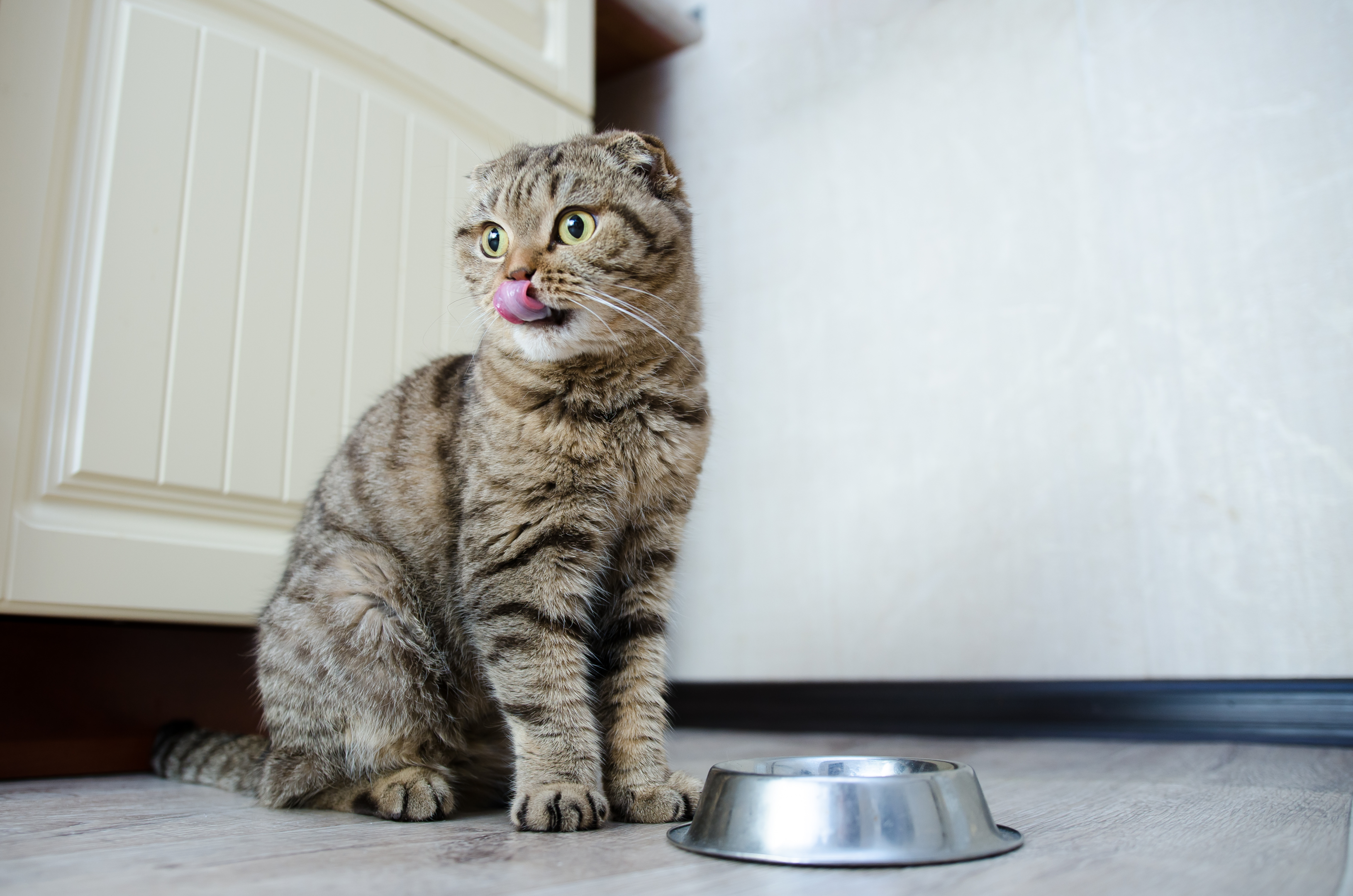
If your cat is losing weight even with eating habits, there might be a health issue at play. One possible reason for unintentional weight loss is hyperthyroidism, where the thyroid gland works too much and speeds up metabolism, causing weight loss. Another thing to watch out for is diabetes, which can make cats lose weight despite eating normally.
Parasites, like worms, could also be sneaky culprits behind weight loss in cats. They mess with how your cat absorbs nutrients, leading to weight loss even when they seem to have a good appetite.
Keep an eye on these possibilities, and if your cat keeps losing weight or shows other weird signs, it's smart to talk to the vet. They can figure out what's going on and help your furry friend feel better. Early action is key to tackling these issues and keeping your cat healthy.
Signs of Hyperthyroidism
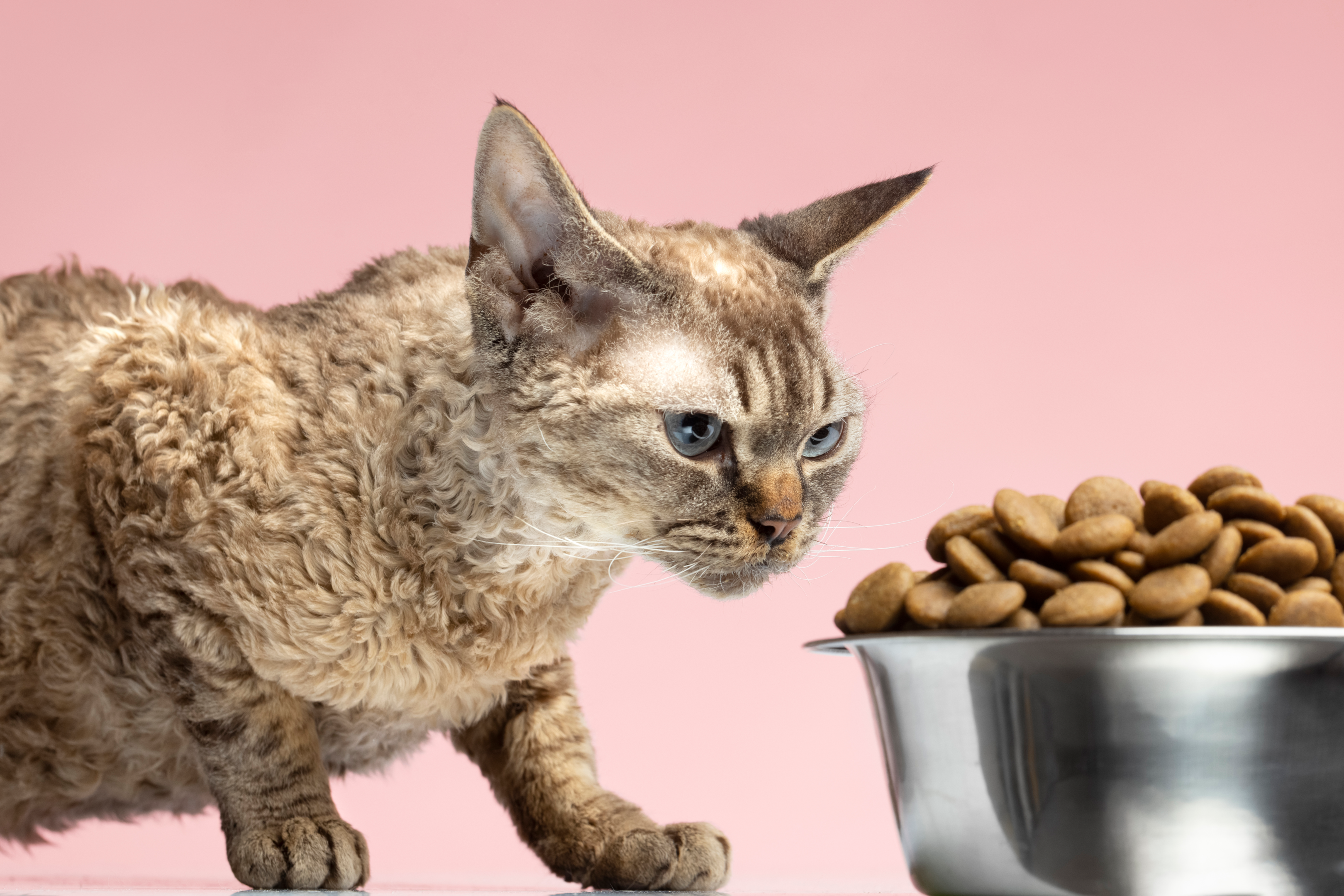
When cats suffer from hyperthyroidism, a noticeable sign is weight loss despite having a healthy diet. This condition often stems from a non-cancerous growth on the thyroid gland, causing an increase in thyroid hormones that speed up the cat's metabolism.
Besides shedding pounds, hyperthyroidism can lead to other issues like excessive drinking and urination, vomiting, diarrhea, muscle loss, and heightened activity levels. Affected cats may become more demanding for food and attention, and some might start peeing outside the litter box.
While hyperthyroidism is more common in older cats, it can also affect those as young as six years old.
Unfortunately, the symptoms can worsen over time. Cats with hyperthyroidism may develop high blood pressure and even heart disease, bringing along complications like blindness, heart failure, and strokes.
Because of their accelerated metabolism, cats can't eat enough to maintain weight. If you observe signs of hyperthyroidism in your cat, it's crucial to seek veterinary attention promptly.
How to Treat Hyperthyroidism?
Let's look at how you can treat hyperthyroidism:
-
Medication
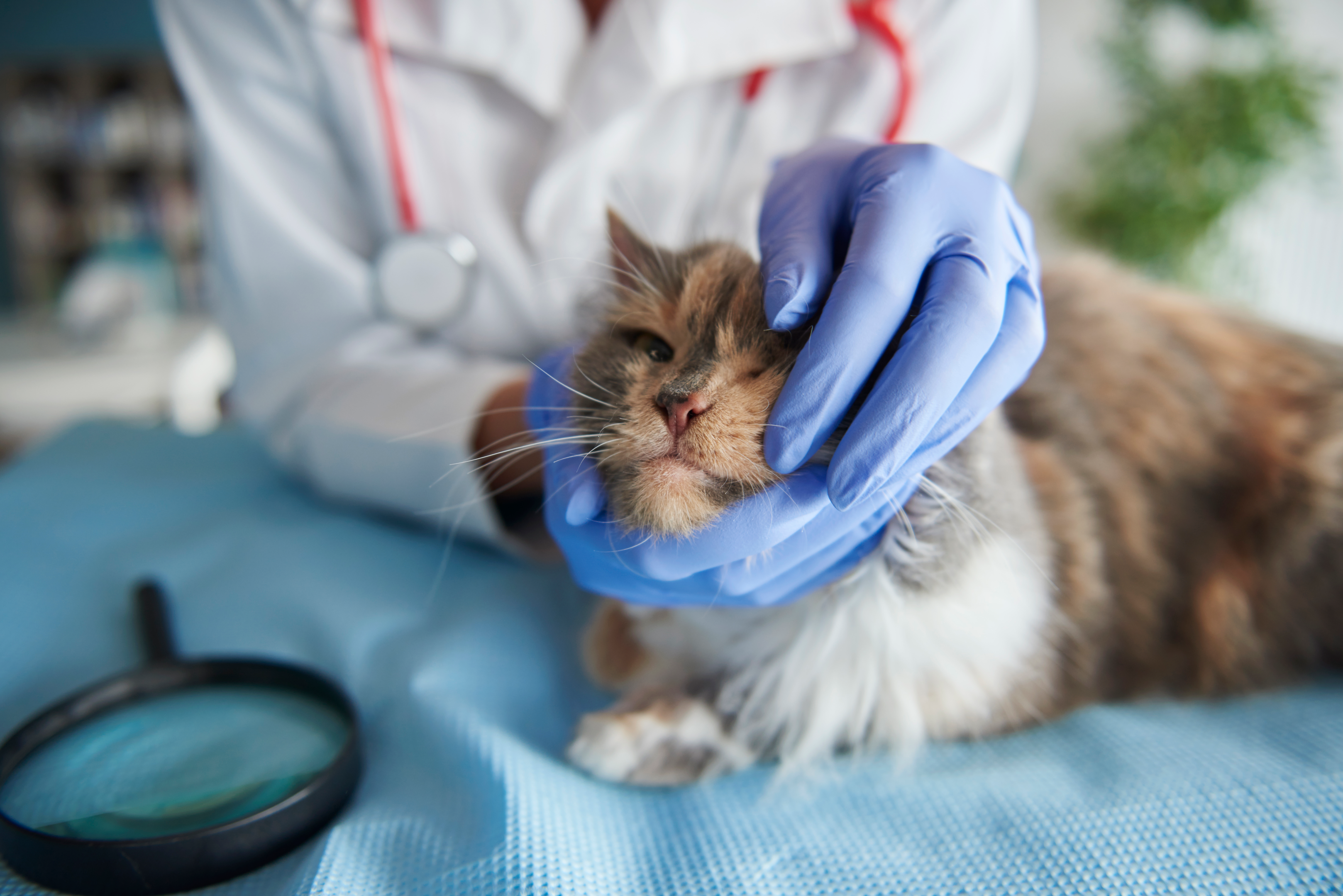
Usually, the first thing vets try is giving medicine. Instead of jumping into more complicated solutions, they often start with medication. One common medicine is called methimazole, and it's meant to control thyroid hormones.
But here's the catch: the medicine doesn't fix the abnormal thyroid hormone issue completely. It just helps handle it. Your furry friend will need to take this medicine for their whole life.
-
Surgery
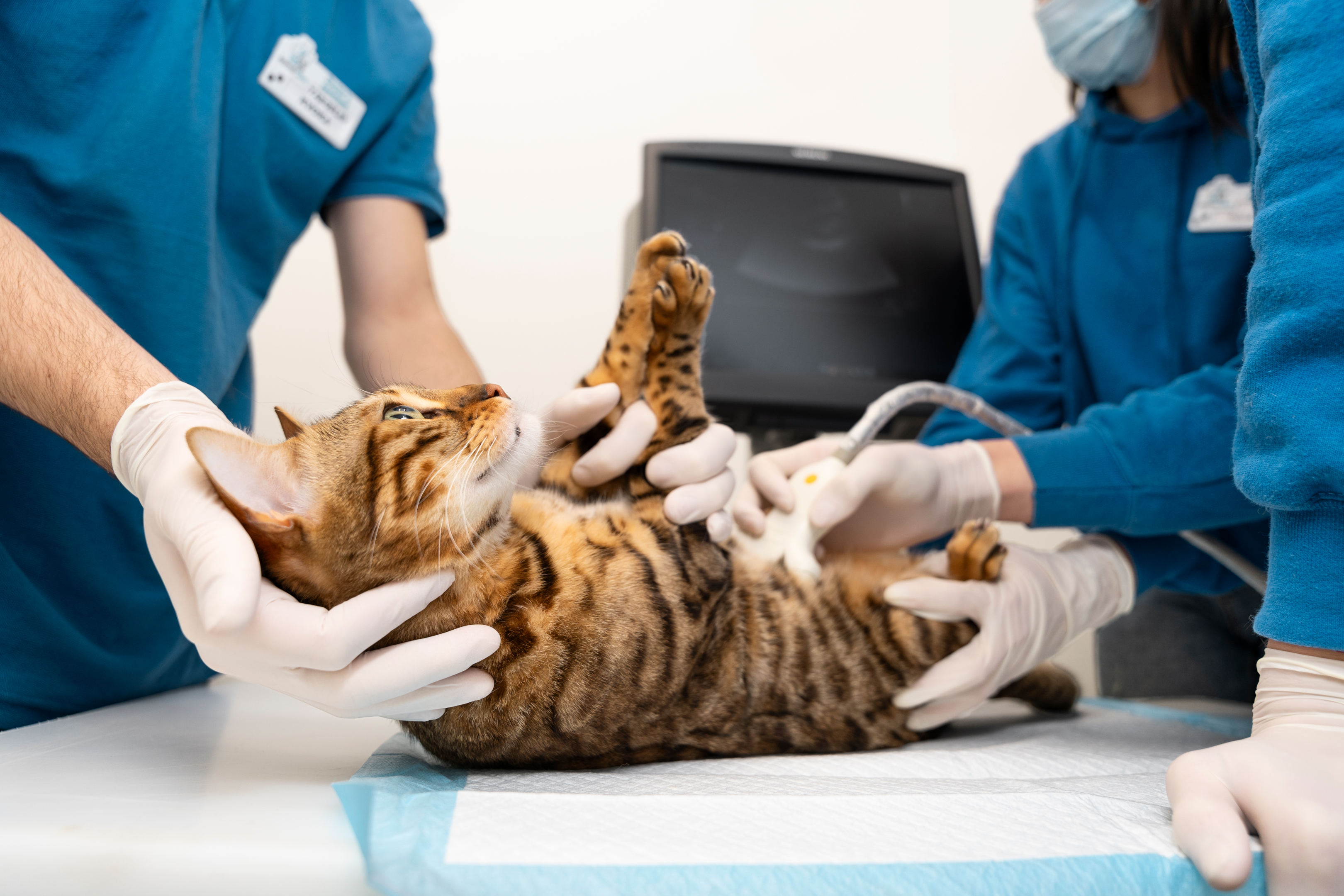
If the medicine doesn't do the trick and your cat has no liver issues, surgery might be an option. The surgery is all about carefully removing the tumor from the thyroid gland, but it can be pretty risky.
-
Radiotherapy
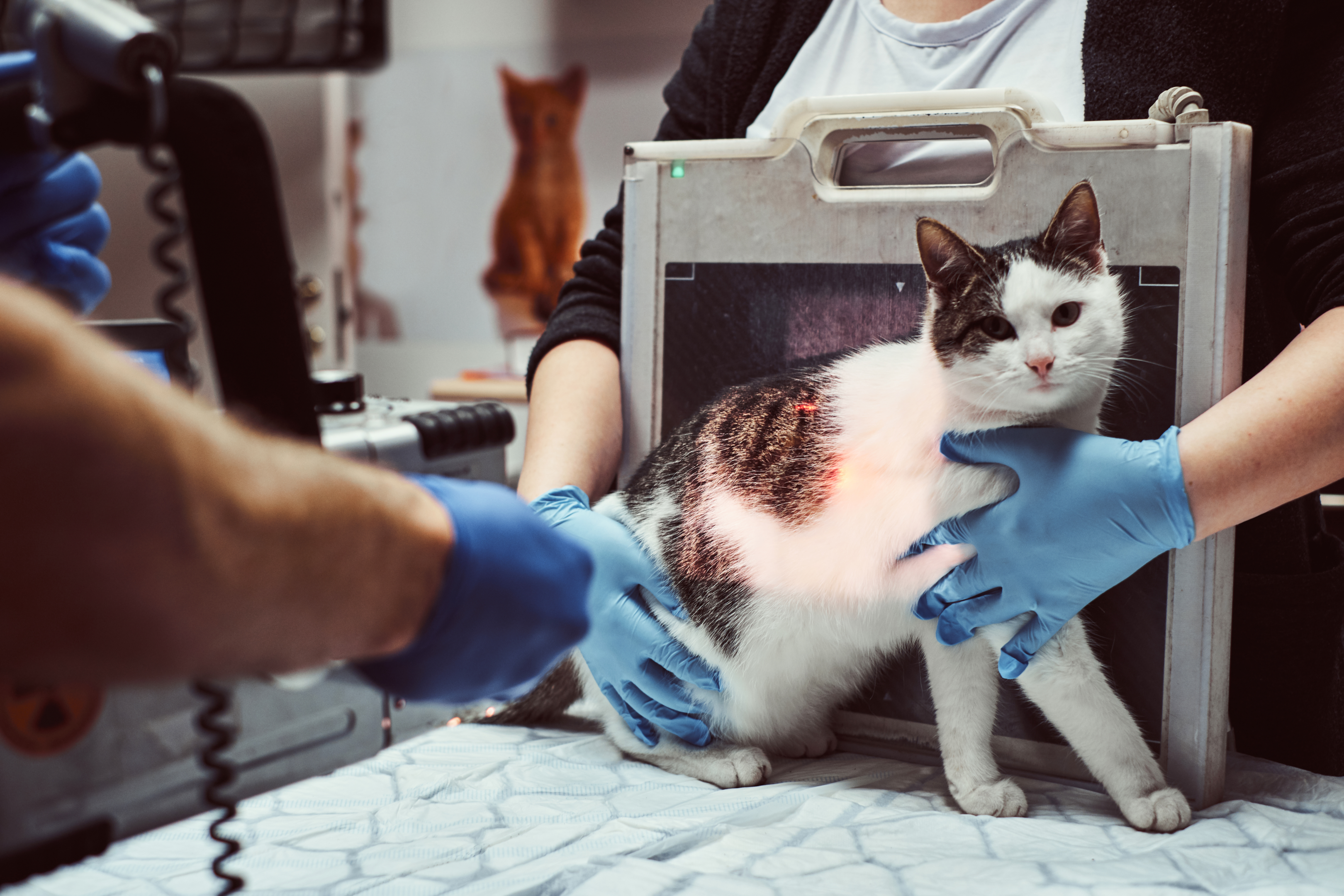
The aim of radiotherapy is to get rid of the tumor without resorting to surgery. It's seen as the safest and most successful treatment for thyroid issues, with an impressive success rate of 97 to 98%.
Signs of Parasites
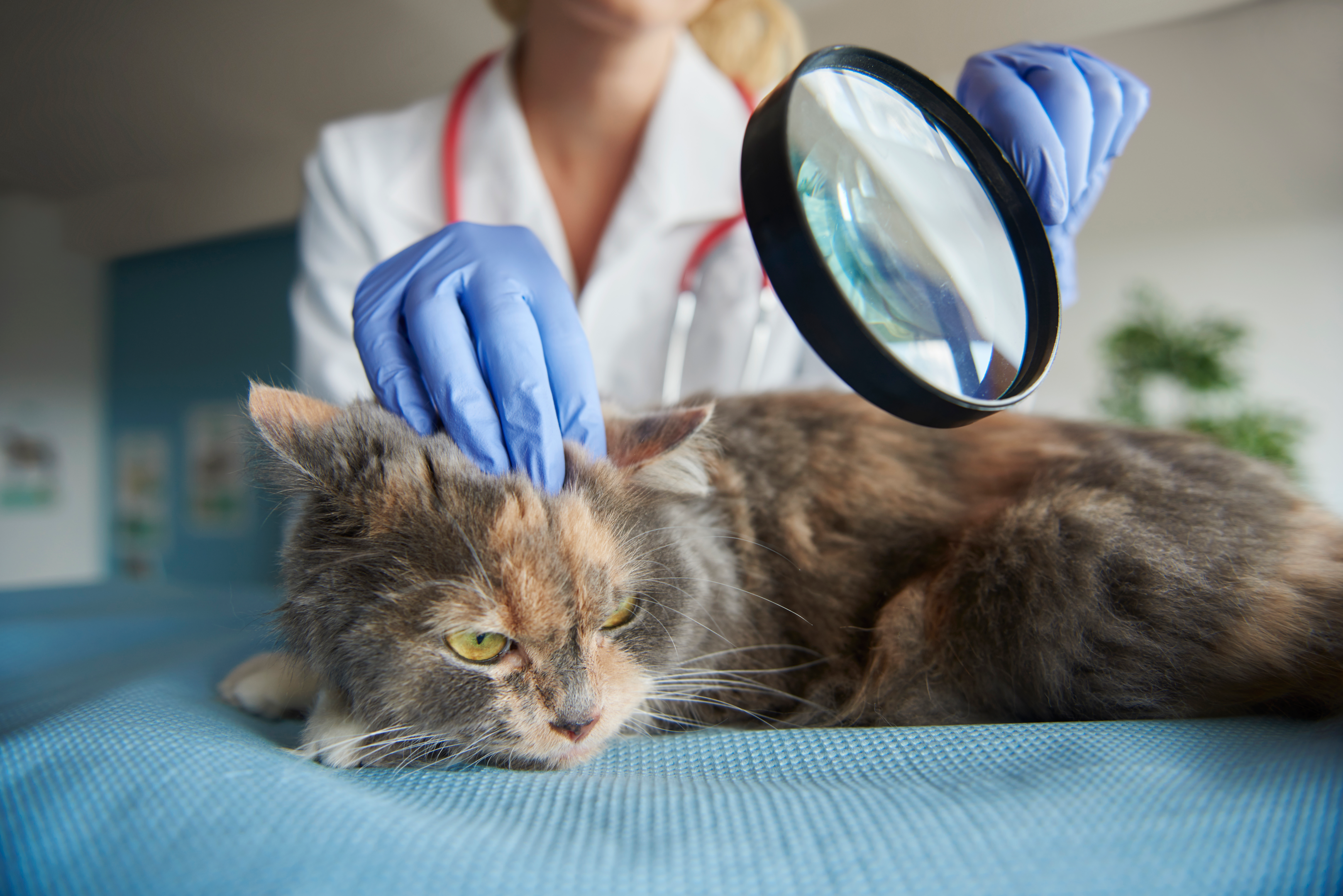
Cats often have to deal with intestinal parasites; they can create problems in your cat's body. These parasites come in various forms, including worm-like ones and tiny single-celled organisms.
They commonly lead to vomiting and diarrhea, causing sudden weight loss even if they're still eating normally. Another cause of vomiting and diarrhea can be food allergies. Additionally, these parasites can make it tough for your cat to absorb the right nutrients from their food, so they have to eat more.
Treatment for Parasites
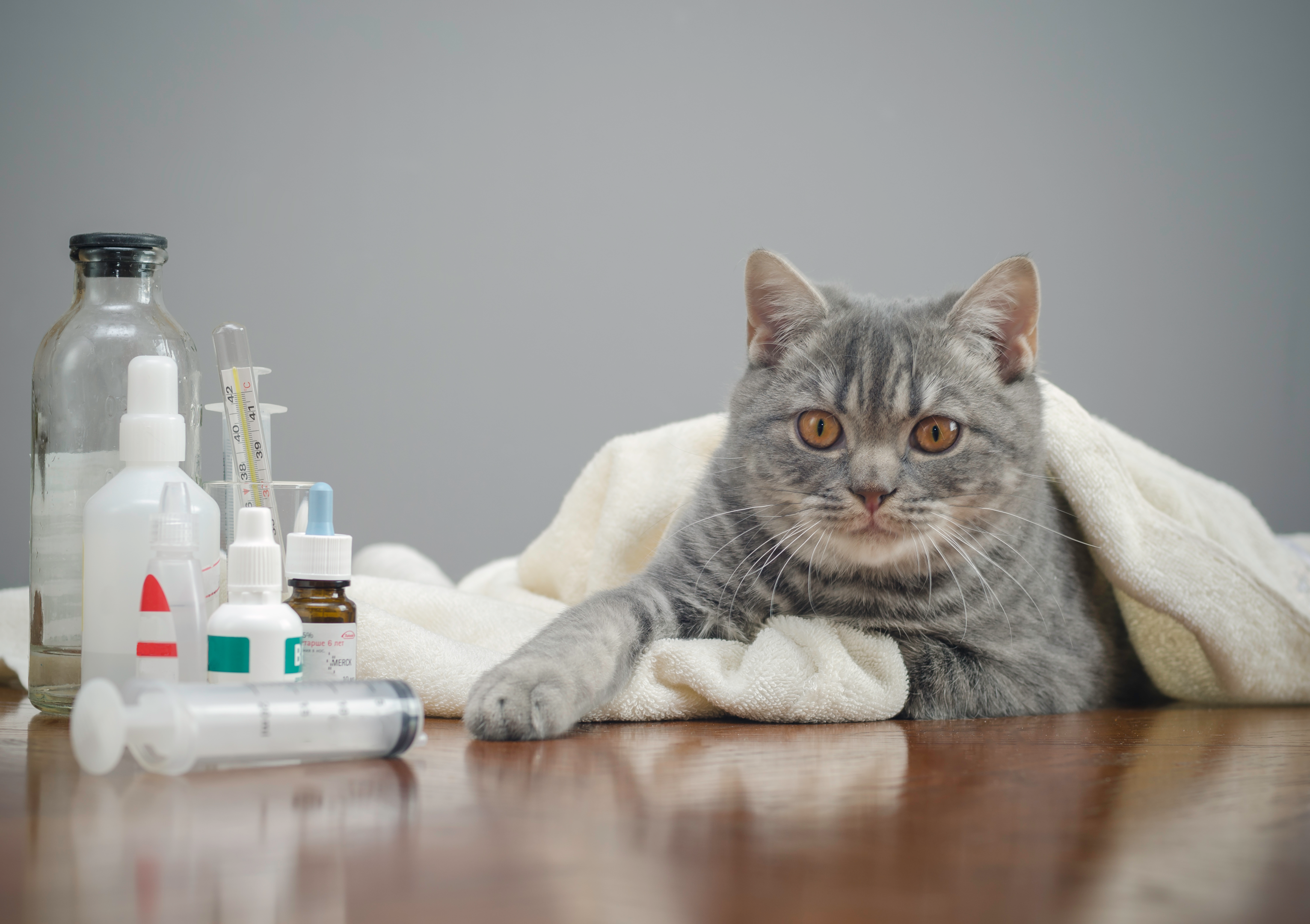
Treating parasites in cats is quite straightforward; a visit to the vet and some medication are often all it takes. While re-infections with parasites are common, there are ways for cat owners to prevent them.
Ensure good hygiene practices, especially with the litter box and the areas where your cat spends most of its time. Also, completely steer clear of feeding your cat raw meats as a precaution.
Signs of Diabetes in Cats
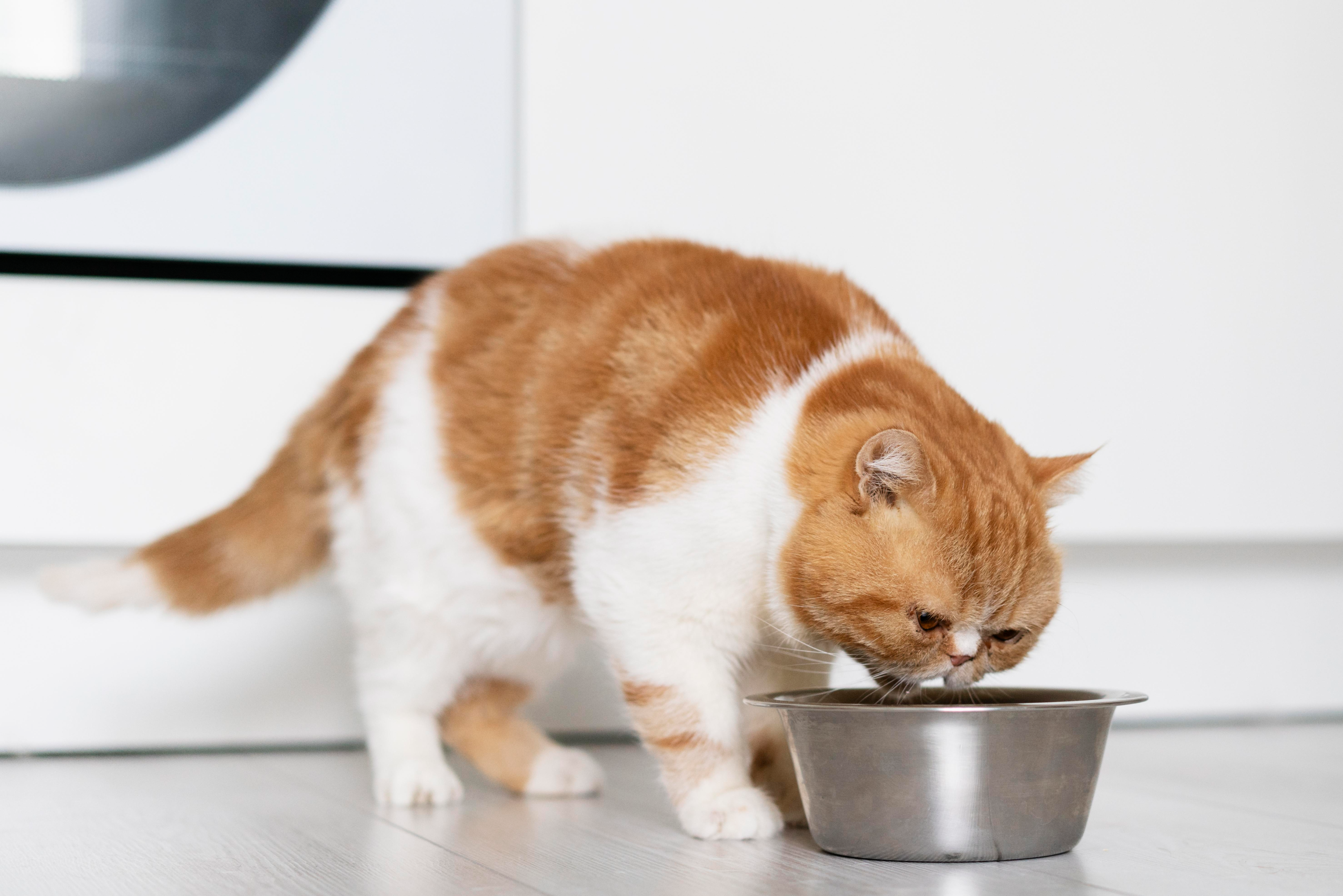
Diabetes doesn't just impact humans; it also affects our feline friends. Diabetes happens when the body can't respond properly to the hormone insulin, leading to elevated levels of sugar glucose in the blood.
Risk factors for diabetes in cats include being overweight, getting older, and not being physically active.
A major sign that your cat might have diabetes is losing weight despite eating well. Other red flags include increased thirst and urination. Regardless of the type of diabetes, the body's cells don't get enough energy, causing rapid weight loss and a higher appetite.
Your vet performs blood tests to determine if your cat has diabetes by checking their blood glucose levels.
Treatment of Diabetes in Cats
To tackle diabetes in cats, vets often use a mix of insulin and changes in their diet. This treatment aims to get the blood sugar levels back to normal, stop or control weight loss, and lessen the need for lots of drinking and peeing while preventing low blood sugar caused by the treatment.
-
Insulin therapy
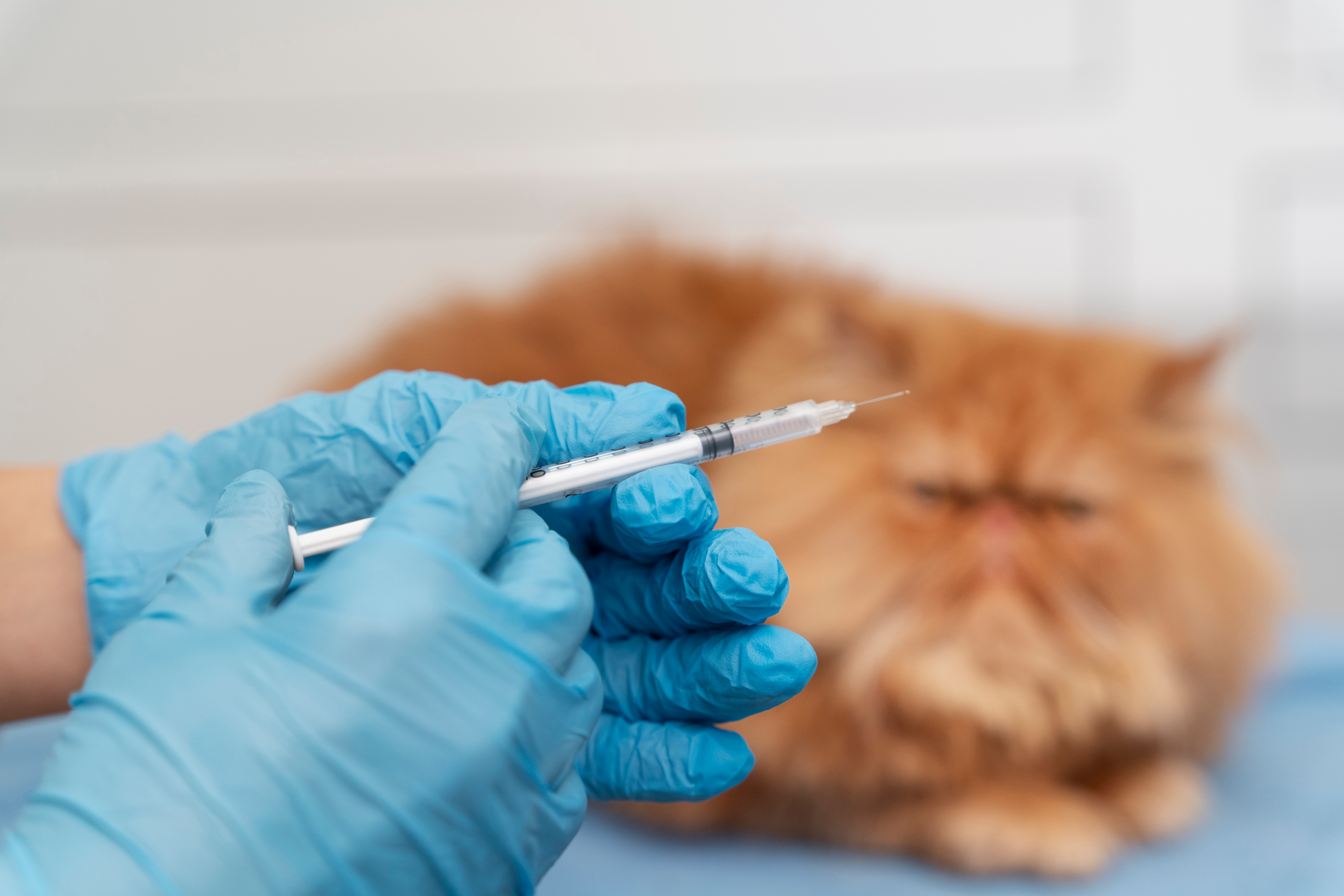
If your cat is diagnosed with diabetes, it's important to talk to your vet about the advantages and disadvantages of each type of insulin. Just like with people, giving insulin through injections is a key way to treat diabetes in cats.
Normally, insulin injections are done every twelve hours. Even though it might seem a bit scary, vets will show owners how to do the injections correctly.
-
Organ Failure
Organ failure can cause unexpected weight loss in your cat. It's essential to take preventive measures, like regularly brushing your cat's teeth, as tartar and plaque can break loose and potentially block the heart, kidneys, or liver. Senior cats are more prone to organ failure due to changes in metabolism as they age.
A vet can conduct a blood test to check for organ failure, such as kidney disease. Regular veterinary check-ups and dental care are crucial in maintaining your cat's overall health and preventing serious issues.
-
Respiratory Issues
Issues with the upper respiratory system, like pneumonia, can also be a cause. If your cat appears to be making wheezing sounds, sneezing a lot, or has watery eyes, along with unexpected weight loss, it could be a sign of an upper respiratory infection.
-
Feline Infectious Peritonitis
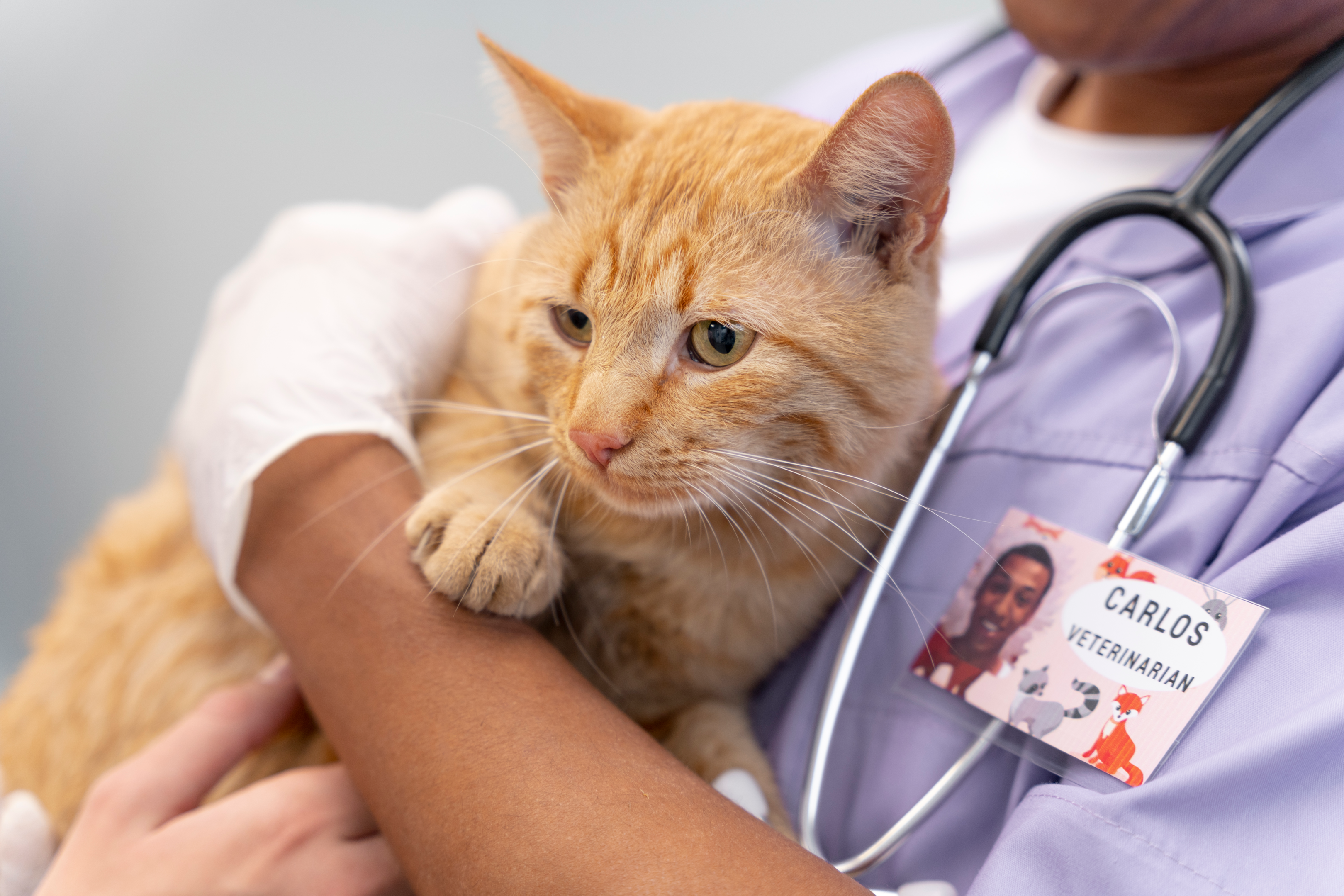
Veterinarians commonly come across feline infectious peritonitis, especially in catteries, which could be a cause for concern. Cats affected by this illness usually appear unwell and may have a fever that doesn't respond to antibiotics.
Gastrointestinal issues, like inflammatory bowel disease, irritable bowel syndrome, or pancreatitis, could be another reason for weight loss despite regular eating. Additional symptoms may include diarrhea and vomiting.
-
Feline Immunodeficiency Virus
FIV, or feline immunodeficiency virus, is a viral disease that may cause your cat's sudden weight loss. Just like the human immunodeficiency virus (HIV), FIV is a long-lasting condition, not always fatal. In this, a cat's immune system doesn't function properly, leading to difficulty gaining weight despite regular eating.
Indications of FIV can involve recurring minor infections, slightly larger lymph nodes, inflammation in the gums and oral tissues, eye problems, and more.
Final Words!
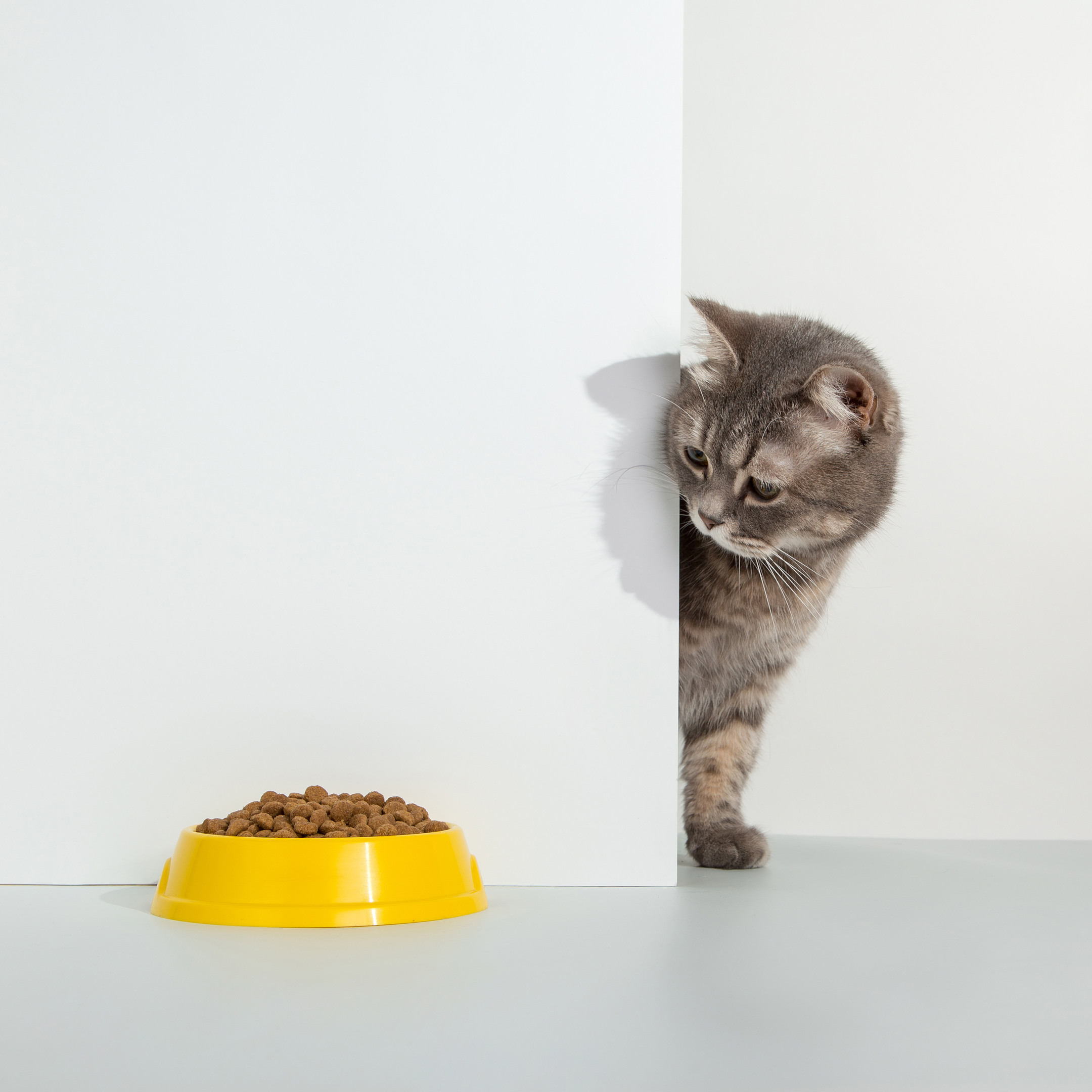
The mystery of why a cat might be losing weight while still maintaining a seemingly healthy appetite can be caused by many reasons. From underlying medical conditions such as hyperthyroidism, diabetes, or intestinal parasites to respiratory infections like pneumonia or more complex issues like feline infectious peritonitis, understanding the signs and seeking timely veterinary care is crucial.
Whether it's managing these conditions through medications, dietary adjustments, or preventive measures, pet owners play a crucial part in ensuring the well-being of their feline companions.
Regular veterinary check-ups, a balanced diet, and attention to behavioral changes are essential in addressing potential health issues early on. By staying attentive to our cats' needs and promptly addressing any unusual symptoms, we can contribute to their overall health and well-being.
